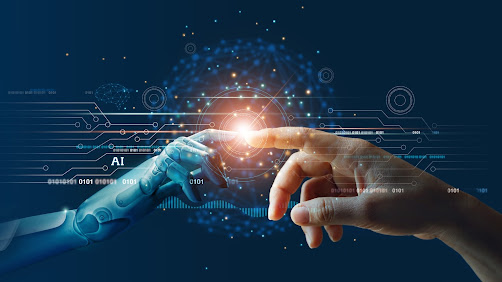Computer vs Human Interaction
Humans and Computers both are used for storing and processing the information to accomplish tasks. Both use electrical signals in computer its binary system and in human it's neuron to neuron.
Humans cannot work without physical emotions while computer acts mathematically and logically.
Certain characteristics of our brains are very difficult to simulate. The human brain is extremely flexible and can adapt intuitively to unpredictable environments.
Humans are creative, curious and endowed with social skills, all of which continues to set us apart from even the most intelligent computer.
The most significant difference between the brain and a computer is that the human brain has the ability to make decisions on its own and it can store an infinite amount of information. In contrast, a computer has to be programmed to perform the functions and has a limited capacity to store data and information.
Computers start with many advantages. They have better memories, they can quickly gather information from numerous digital sources,
they can work continuously without the need for sleep, they don't make mathematical errors, and they are better at multitasking and thinking several steps ahead than humans.
website link:https://hci.sfconferences.com/awards/
https://in.pinterest.com/humanconference123/
https://www.instagram.com/jaislin_roshna_sha/
#usability #safety #functionality
.jpg)

.png)

Comments
Post a Comment